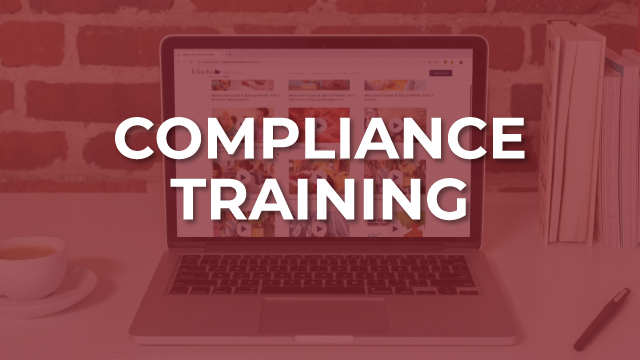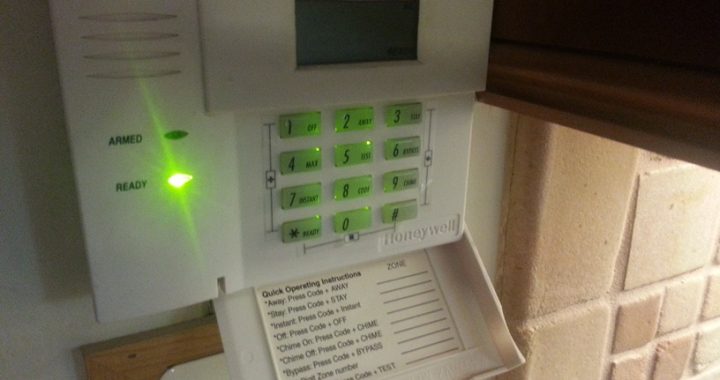The Truth About Ethics and Compliance Training

Most employees will receive a form of ethics and compliance training at work, with many of those sessions being mandatory for legal reasons. Other training sessions, particularly on workplace ethics, will go beyond compliance to address behavioral standards the company would like to uphold.
However, one of the main issues is that compliance training is seen as uninspiring and ineffective at changing and educating employee behavior. It may also be seen as “ticking the box,” which never works on employees. If managers and business owners want to ensure their ethics and compliance initiatives are successful, they must take a hard look at their training’s effectiveness, whether it’s on topics about cybersecurity learning or sexual harassment.
Here are a few hard truths about ethics and compliance training to look into.
- Few employees state their compliance training is excellent
Ethics and compliance initiatives would cost companies a lot of money, time, and employee productivity. Furthermore, these organizations would hire internal auditors, legal teams, and ethics and compliance officers to ensure their employees work well.
The goal is to ensure appropriate employee behavior during daily operations. Training employees to act properly will help them reach that goal. But here’s the hard truth: Leaders don’t get much out of that investment, because according to Gallup, fewer than 23% of employees who participated in a compliance training session within the past year rate the training as “excellent.”
This means that most employees who have undergone ethics and compliance training see these experiences as uninspiring or irrelevant to the job.
- Employees state web-based training is worse than in-person methods
Many employees undergo compliance training online, may it be hybrid or completely web-based. Based on Gallup’s data, only 17% of participants who have undergone web-based training say it is excellent.
In-person and hybrid training programs fared better, with up to 30% of participants rating the program as excellent.
- Few employees strongly agree their training changed how they perform their jobs
Among the employees who have gone through ethics and compliance training, only 1 in 10 of them agrees they learned something that changed their work performance.
Moreover, only 11% strongly agree their coworkers are applying the lessons to work. As such, employees can’t tell the difference in the workplace before and after training.
- Excellent training programs make a significant difference
Employees who rate their ethics and compliance training as excellent means they thought it was enjoyable and liked it. The majority of them also strongly agree they now know where to go when they want to share a concern about any dishonest or unethical behavior at work.
On the other hand, those who rated their training less than excellent don’t feel confident when reporting concerns about any unethical behavior, or don’t know where to go to.
Wrapping It Up
After all those hard truths, one thing’s for sure – It’s high time you evaluate your current training program to ensure effectiveness and engagement for the lessons to really stick.

 What Happens After Your Security Alarm Goes Off?
What Happens After Your Security Alarm Goes Off?  How Make-Good Services Ensure Smooth Lease Transitions and Compliance
How Make-Good Services Ensure Smooth Lease Transitions and Compliance  The Shift from Concept to Real-World 3D Build Projects
The Shift from Concept to Real-World 3D Build Projects  Effortless Office Moves in Melbourne
Effortless Office Moves in Melbourne  SEBI’s Latest Regulations for Investment Advisory Services in India
SEBI’s Latest Regulations for Investment Advisory Services in India  Exploring the Most Effective Business Services for Entrepreneurs
Exploring the Most Effective Business Services for Entrepreneurs  The Evolution of Industry: From the Industrial Revolution to the Age of Automation
The Evolution of Industry: From the Industrial Revolution to the Age of Automation